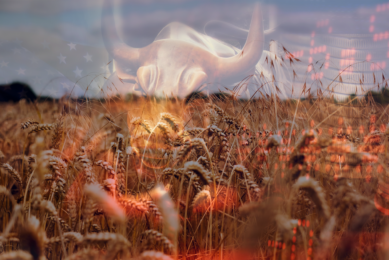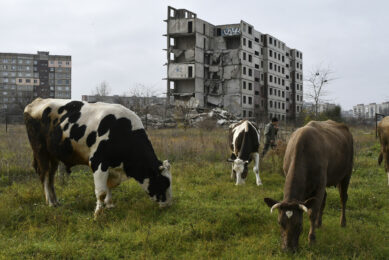Ukraine accuses Russia of deliberately destroying this year’s grain harvest
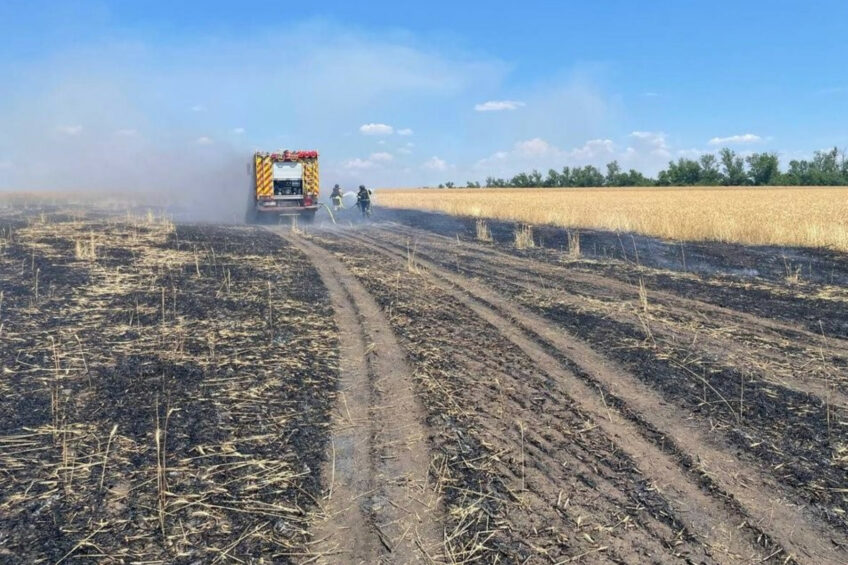
Dozens of Ukrainian arable farmers have accused Russia of deliberately bombing their crops in the fields setting them alight and destroying this year’s harvest.
According to the Ukrainian Agri Council (UAC), it has received dozens of reports from Ukrainian farmers about the deliberate destruction of fields by the Russian invaders.
The UAC says the Russians are deliberately shelling fields in the big grain regions of Sumy, Dnipro, Odesa, Kherson, Kharkiv, Donetsk and Luhansk, resulting in the burning of hundreds of hectares of crops.
In July alone, more than 230 hectares were burned, which could have yielded farmers over 800 tons of crops, as well as much needed income.
In early July, in the Kherson region, the Russians hit a warehouse where grain was stored. When rescuers arrived to put out the fire, the Russians attacked them with an FPV drone.
The lack of harvest will mean that our farmers will not be able to fulfil their financial obligations to banks, which threatens them with bankruptcy
Over 200 hectares of wheat burned
During the first month and a half of this summer, farmers have said the Russians managed to burn 105 hectares of wheat in Kherson region, 24 hectares of crops in Sumy region, 60 hectares of wheat in Donetsk region, 30 hectares of wheat field in Kharkiv region, and many more.
Ukrainian farmer’s story
Andrew Povod from Kherson region says he has lost 30 hectares of wheat. The trouble is that his farm was under occupation for the first 9 months of the war, during which time the Russians destroyed 95% of his property and equipment, stole and took away all his crops. Andrew was left without the business his family had been building for over 20 years.
It was only in the fall of 2023 that he partially cleared his field of mines and, with the help of colleagues who provided seeds and fertilisers, was able to start sowing this year.
However, he has suffered losses again when the enemy shelled his field and 30 hectares of crops were subsequently burned.
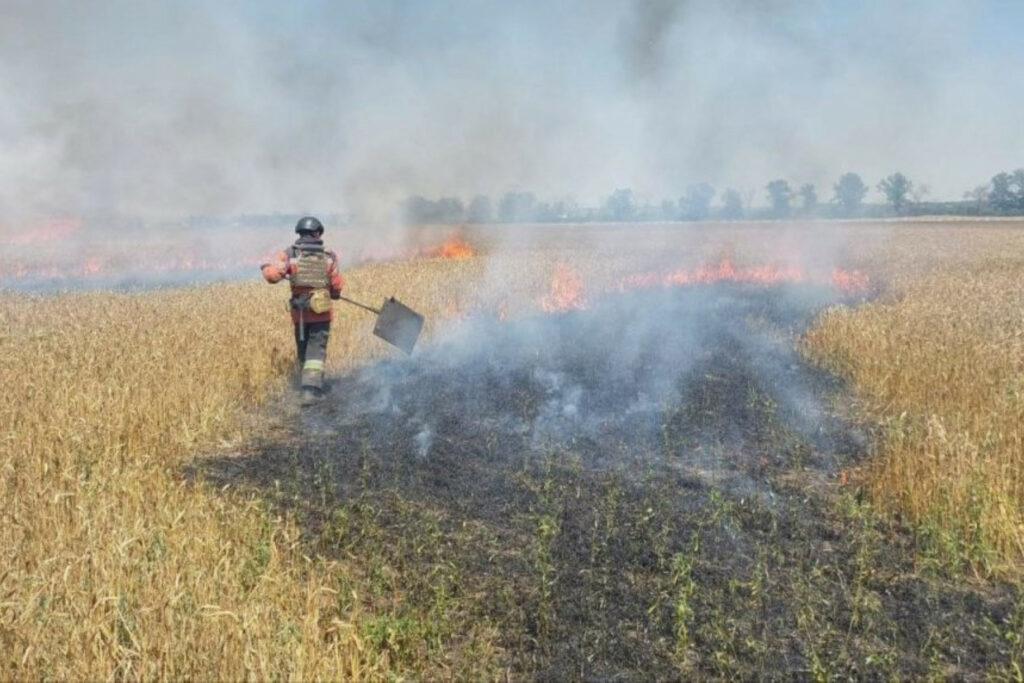
Andriy Dykun, UAC chairman, says that Ukrainian farmers are desperate because they cannot protect their fields.
Andriy said: “People who have finally managed to clear their land of mines are losing 20 to 30 hectares of land to arson. These are large volumes and enormous losses.
“Without this income, farmers cannot repay the loans they took out to develop their farms. In addition to the enemy shelling, there were also difficult weather conditions and an abnormal heat wave this summer, which could lead to a 35% reduction in corn and sunflower yields.
“In the end, the lack of harvest will mean that our farmers will not be able to fulfil their financial obligations to banks, which threatens them with bankruptcy,” added Andriy.
Productive moisture reserves are extremely low. Despite the fact that the temperature is expected to drop, the lack of precipitation will negatively affect the development of these crops
Corn & sunflower harvests shrink
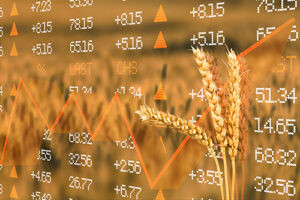
Meanwhile, the intense heat and drought could have shrunk the Ukraine corn and sunflower harvests by as much as 35%.
This was reported by analysts of the First Ukrainian Agricultural Cooperative (FUAC), which was created within the Ukrainian Agri Council.
The FUAC said: “Productive moisture reserves are extremely low. Despite the fact that the temperature is expected to drop, the lack of precipitation will negatively affect the development of these crops.
“Nowadays, in particular, corn is beginning to bloom, laying the foundation for yields. And without precipitation, the situation could be quite critical.
“Unfortunately, there could be a repeat of 2020 and 30-35% reduction in yields. This fact makes some importers stock up on corn while it is cheap,” the FUAC warned.
According to its reports the FUAC says global demand for corn has increased as Romanian corn has been ‘burned’ by the heat, with approximately 15% to 30% of the corn acreage in Romania has been lost.




